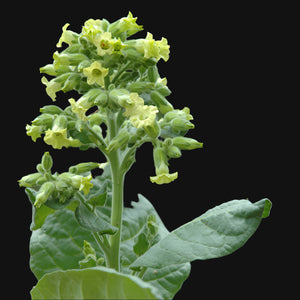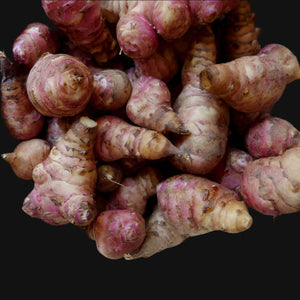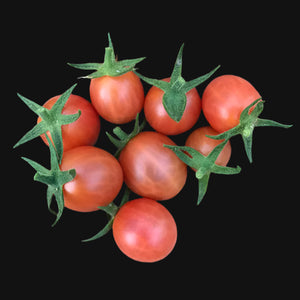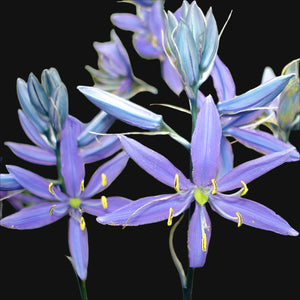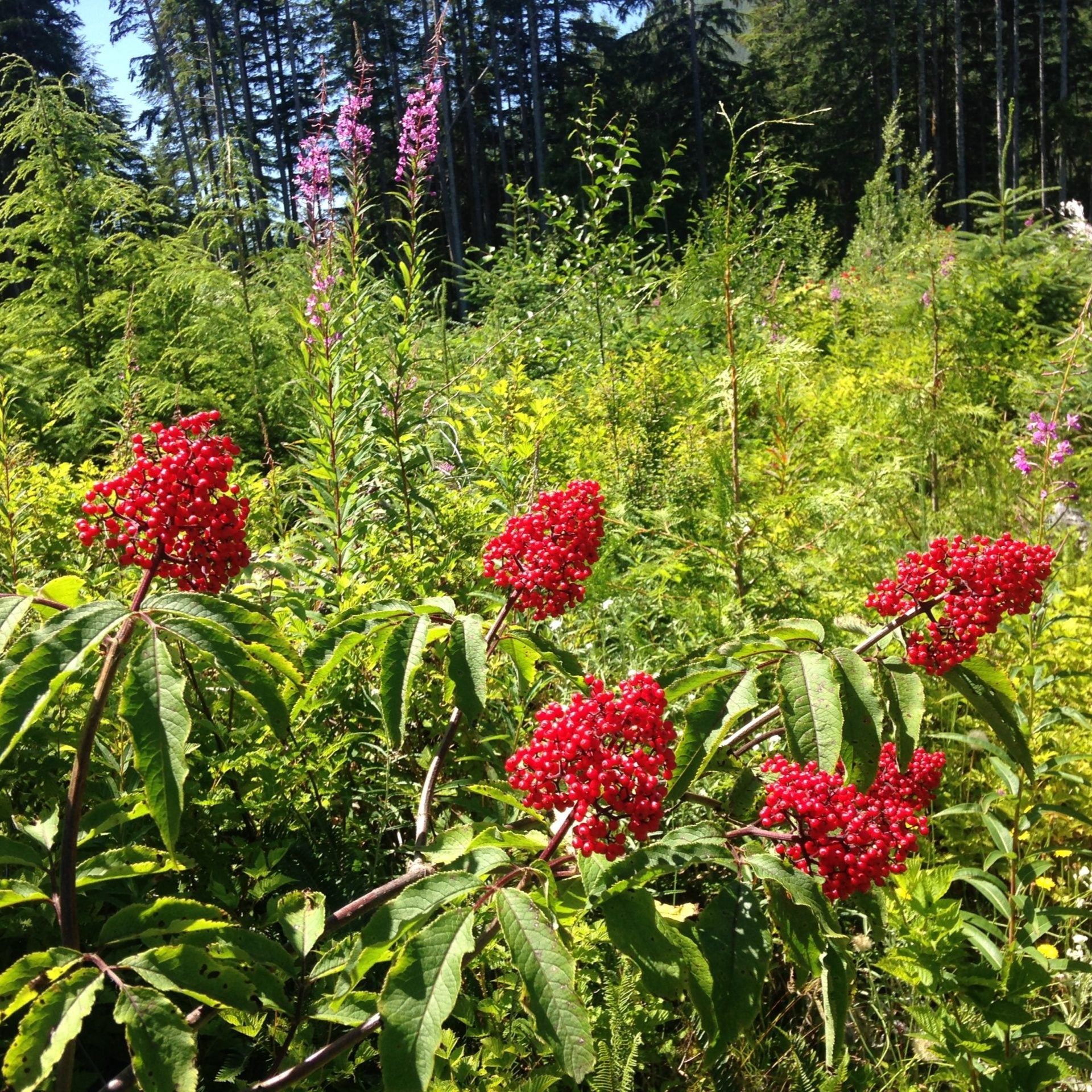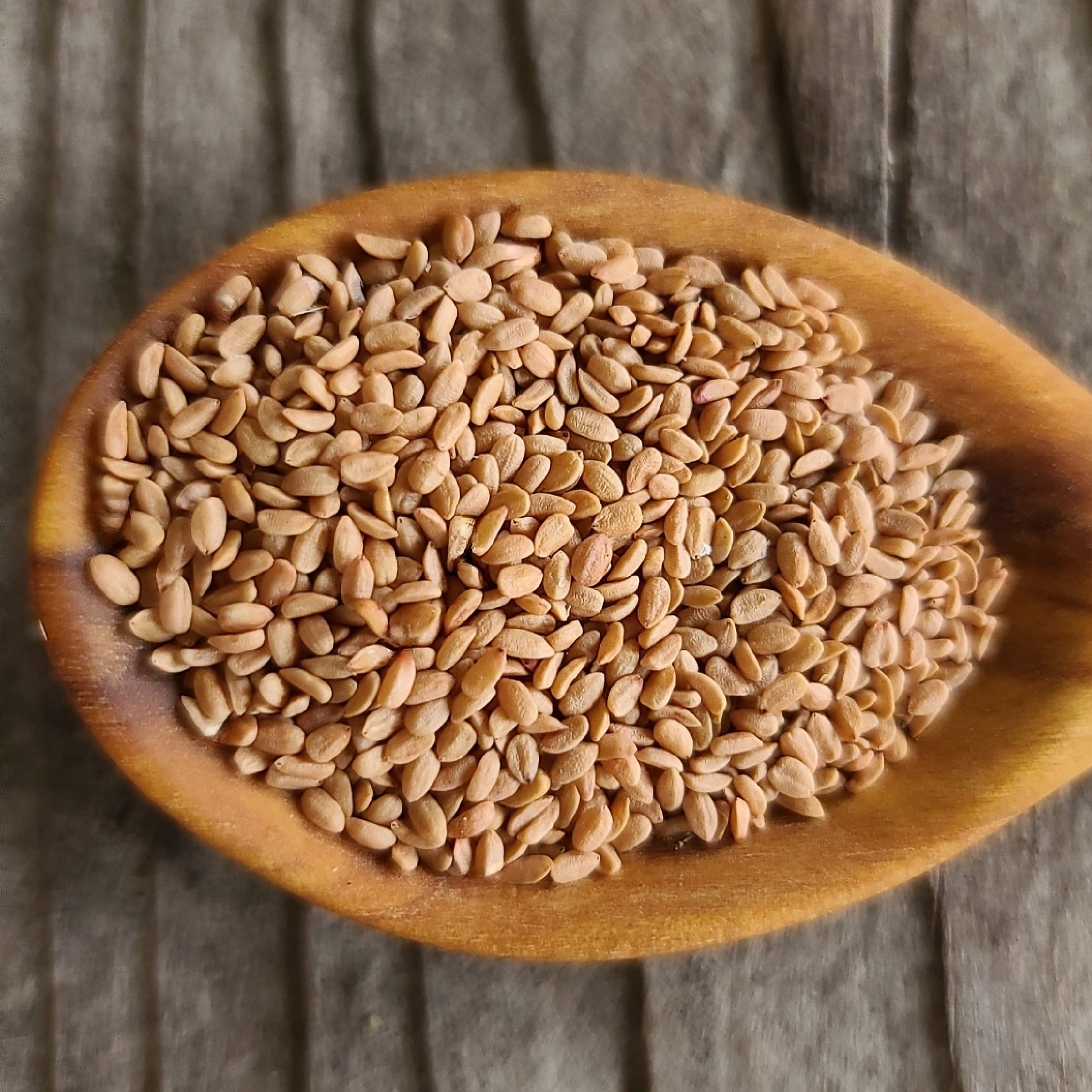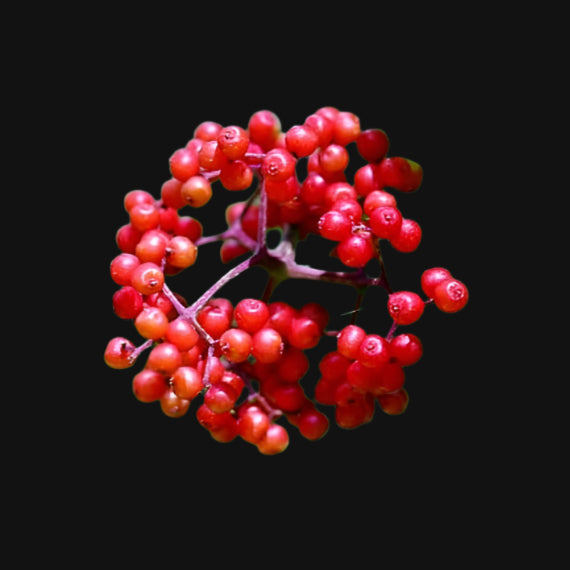
Red Elderberry
Sambucus racemosa
≈ 109 seeds | 1g (0.04oz)
Growing Information
| Common Name | Red Elderberry |
| Scientific Name | Sambucus racemosa |
| Seed Count | 109 |
| Metric Weight | 1 g |
| Imperial Weight | 0.04 oz |
| Height | 1.8-3m (6-10ft) |
| Spread | 1.2-2.4m (4-8ft) |
| Canadian Zone Information | 4-9 |
| Growing Difficulty | Moderate |
Product Reviews
Have a Question?
We (a small farm) ship every week, on Wednesday!
Pick up available from our farm stand 542 Wootton Road, Metchosin
100% Canadian Grown in Metchosin, Vancouver Island, BC, Canada.
Processed-By-Hand
Certified Organic
Open Pollinated
Non-GMO
Frequently asked questions
Are products sold at the farm?
We sell select products seasonally on our farmstand located outside our front gate. As working farm we are generally closed to the public and don't take orders or requests in person.
Will my order have tracking?
Maybe.
We ship all seed packages using Letter Mail through Canada Post.
However, if you order any Sprays, Bouquets, Root Stock, or Tubers; we automatically add protected shipping in a prepaid Canada Post box. These have a tracking number.
How much does shipping cost?
Save $20 when you spend $200
All our shipping fees include a handling fee
$7 Small Envelope
Orders 0g–7gup to 3 seed packages
$8 Medium Envelope
Orders 8g–15gup to 7 seed packages or ~ 1 Forager Pet Mix
$9 Large Envelope
Orders 16g–21gup to 10 seed packages and/or~ 1-2 Forager Pet Mix and/or rootstock/cutting
$13 Tiny Parcel
Orders 22g–44gup to 22 seed packages and/or~ 1-2 Forager Pet Mix and/or rootstock/cutting
$16 Extra Small Parcel
Orders 45g–135gSeed packages and/or~ 1-5 Forager Pet Mix/spray and/or rootstock/cutting
If you spend $200 this actually becomes free shipping with a $4 discount.
$19 Small Parcel
Orders 136g–500gSeed packages and/or ~ 1-5 Forager Pet Mix/spray and/or rootstock/cutting and/or 1 Tuber or JA
If you spend $200 this actually becomes free shipping with a $1 discount.
$22 Medium Parcel
Orders 501g–1400gSeed packages and/or ~ 1-5 Forager Pet Mix/spray and/or rootstock/cutting and/or 1-3 Tuber or JA
If you spend $200 this actually becomes $2.
$25 Large parcel
Orders 1401g–2500gSeed packages and/or ~ 1-5 Forager Pet Mix/spray and/or rootstock/cutting and/or 1-5 Tuber or JA
If you spend $200 this actually becomes $5.
$30 Extra Large Parcel
Orders 2501g and up
Anything your heart desires.
If you spend $200 this actually becomes $10.
What is your Customer Satisfaction policy?
We guarantee germination up to 75% on all our seeds in proper conditions.
That means we will replace them.
We make no guarantees on our Forager Pet products, other than that they are safe for the animals listed. But do reach out if your pet isn't happy.
Mistakes happen and can be fixed. So missing items, wrong items, or even damaged items can be replaced.
We will always work with you to find an appropriate solution.
How long does shipping take?
Letter Mail can take up to 5-6 weeks.
Parcels can take up to 1-2 weeks.
We ship Wednesdays which can also lead to delays.
Are all your products 100% Canadian?
Yes. All our products are grown in Metchosin BC or foraged from surrounding forests.
What is your refund policy?
We are a resolution first small business. That means we would love for you to be happy with our products.
However, if you want to return or refund, this can be done.
